Photo Provided by Norman Stockwell
Alluvian spoke with Norman Stockwell, publisher of The Progressive, to discuss approaches to climate journalism, solutions journalism, and the future of U.S. media.
On covering the climate crisis
“All of our—all of our writing is pretty much people's stories. In our coverage of the climate, what we tend to do is we talk about people that are being affected by the climate crisis, people that are responding to the climate crisis in various ways. So it might be people that are displaced, it might be people that are immigrating — . . . migrating from their homes to new places because of the climate. It might be about missed opportunities, you know, like Trump pulling out of the Paris Climate accords.”
On being part of the alternative media landscape
“We're trying to cover things in ways that aren't being covered elsewhere with the notion of giving voice to underrepresented sectors of our society. We would much rather cover the story of how a couple of folks are dealing with discrimination in … Milwaukee or Chicago or wherever, than cover something like . . . the latest thing that Kanye West is doing, right? We don't cover the headlines. But we try to cover the stories that matter.”
On telling local stories
“I think that it's really important to tell local stories about people's lives that folks in other places can identify with. So, you know, you have this person who's experiencing something here in this small community, but then somebody else in a totally different community reads it, and says, ‘Oh, hey, that's just exactly the same thing I'm going through’ . . . . You don't want to be preaching to people, you don't want to be talking down to people — you want to let people come to an understanding themselves. But the best way for them to do that is through this kind of story-telling approach tied to the solutions piece of it.”
On the future of U.S. media
“If I was going to say, what's the future of media, I would say first that we need . . . better funding models, which include more government support, and we need a media that is not afraid to advocate for points of view and . . . to take a position on issues. Along with that, we need a media-literate population that is willing to do the work of looking at lots of different points of view and synthesizing those opinions with their own.”

